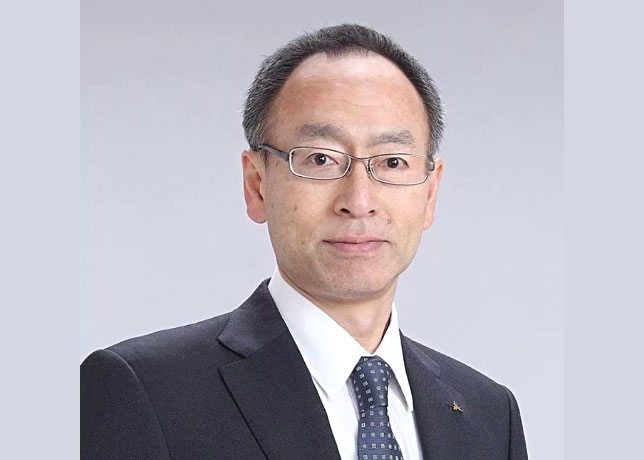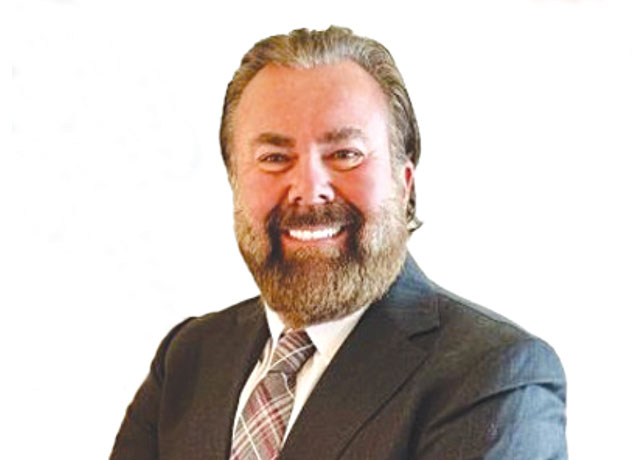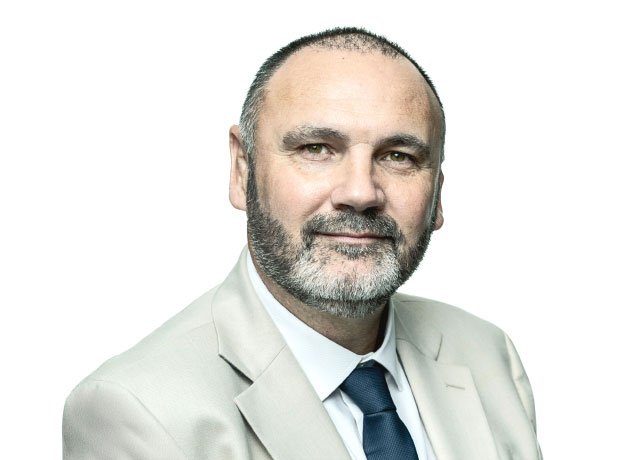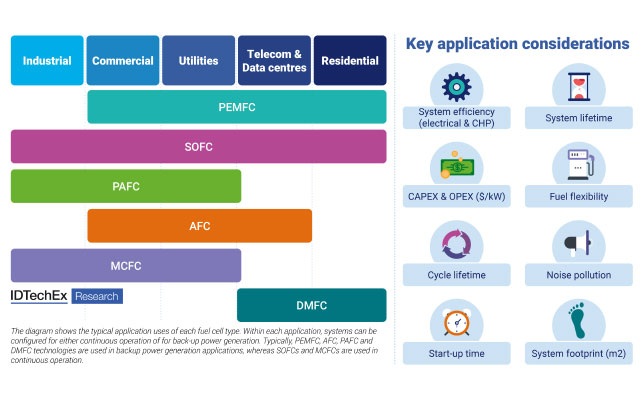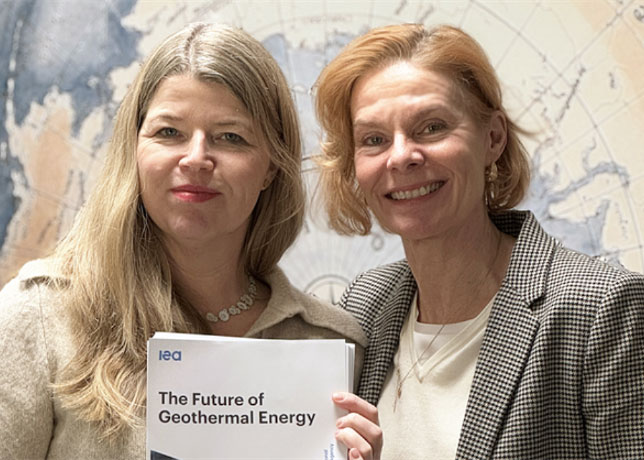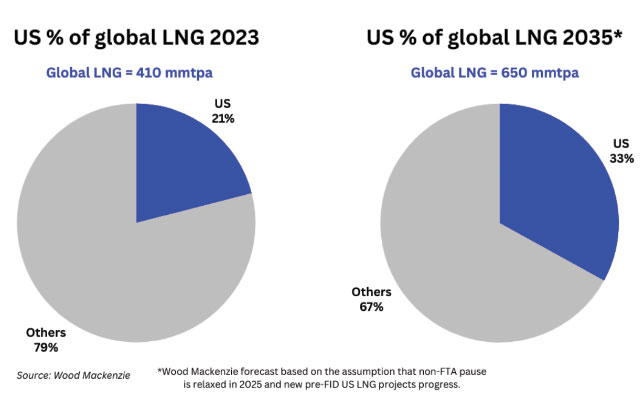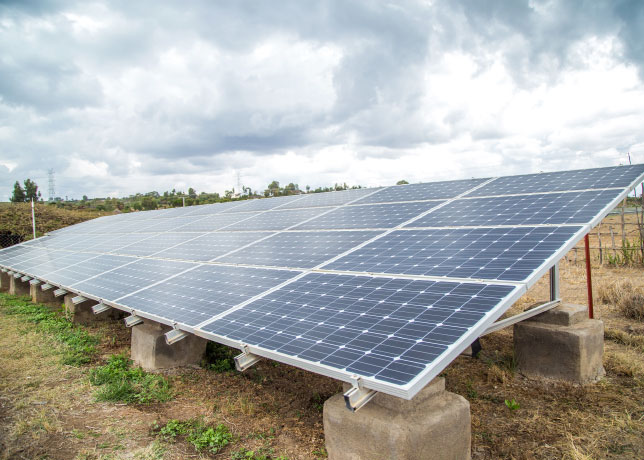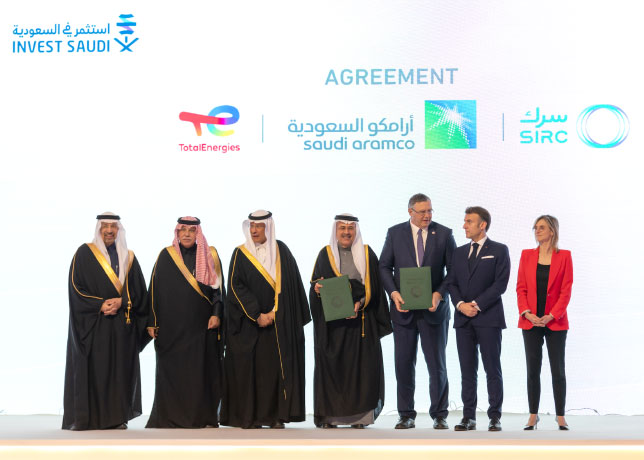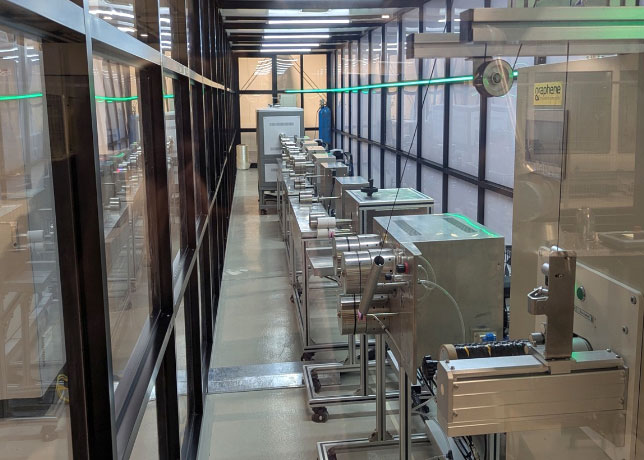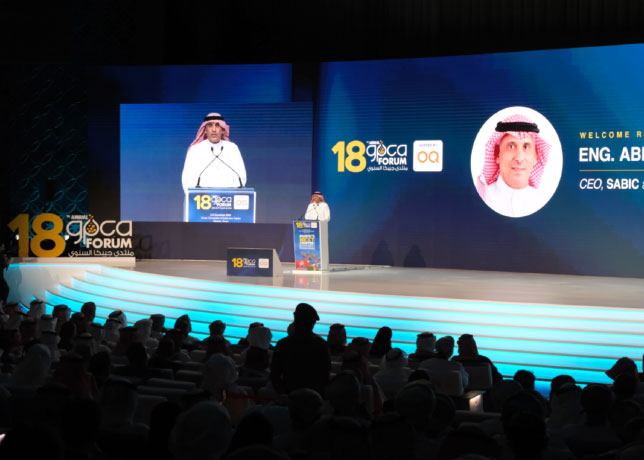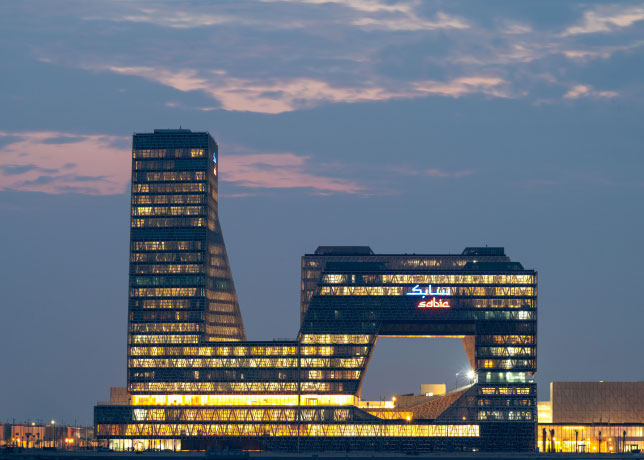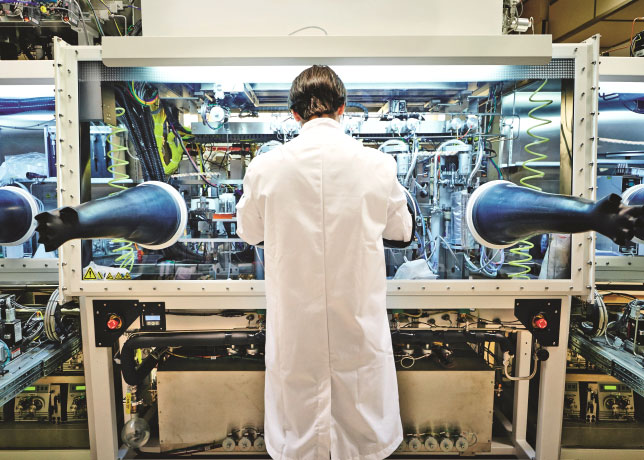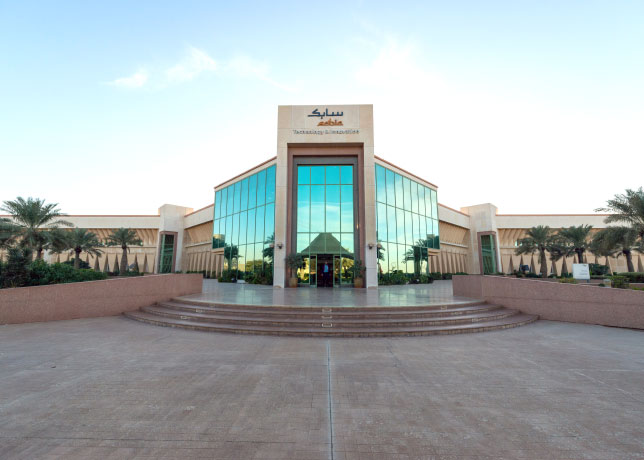
Top oil exporter Saudi Arabia may cut prices for most of the crude grades it sells to Asia in December, tracking weakness in Middle East benchmark Dubai, trade sources said.
Price cuts for Saudi oil would signal weak demand and provide more evidence for the Organisation of the Petroleum Exporting Countries, led by Saudi Arabia, and its allies including Russia, a group known as Opec+, to potentially delay plans to increase production from December.
The official selling price (OSP) for flagship Arab Light crude may fall by 30 to 50 cents a barrel in December from the previous month, a Reuters survey of six refining sources showed, in line with a similar drop in Dubai price spreads last month.
Spot premiums for Middle East crude fell last month as the Asia market was well supplied while demand from key buyers such as China remained lacklustre despite a rebound in refining margins.
Still, some of the respondents expect smaller price cuts for heavier grades of Saudi crude such as Arab Medium and Arab Heavy in December on support from strong margins for high-sulphur fuel oil.
Complex refining margins in Singapore, the bellwether for the region, rebounded to above $4 a barrel in the second half of October, up from September's average of $2.12, the lowest this year.
Opec+ could delay December's planned increase to oil production by a month or more, four sources close to the matter told Reuters on Wednesday, citing concern about soft oil demand and rising supply.
A decision to delay the increase could come as early as next week, two of the sources said.
Saudi crude OSPs are usually released around the fifth of each month, and set the trend for Iranian, Kuwaiti and Iraqi prices, affecting about 9 million barrels per day (bpd) of crude bound for Asia.
State oil giant Aramco sets its crude prices based on recommendations from customers and after calculating the change in the value of its oil over the past month, based on yields and product prices.
Aramco officials as a matter of policy do not comment on the kingdom's monthly OSPs. -Reuters



